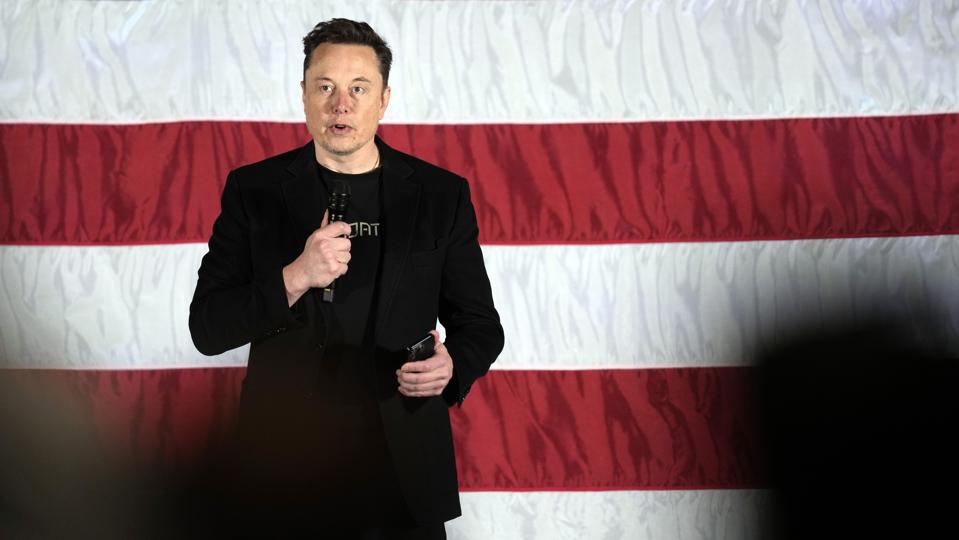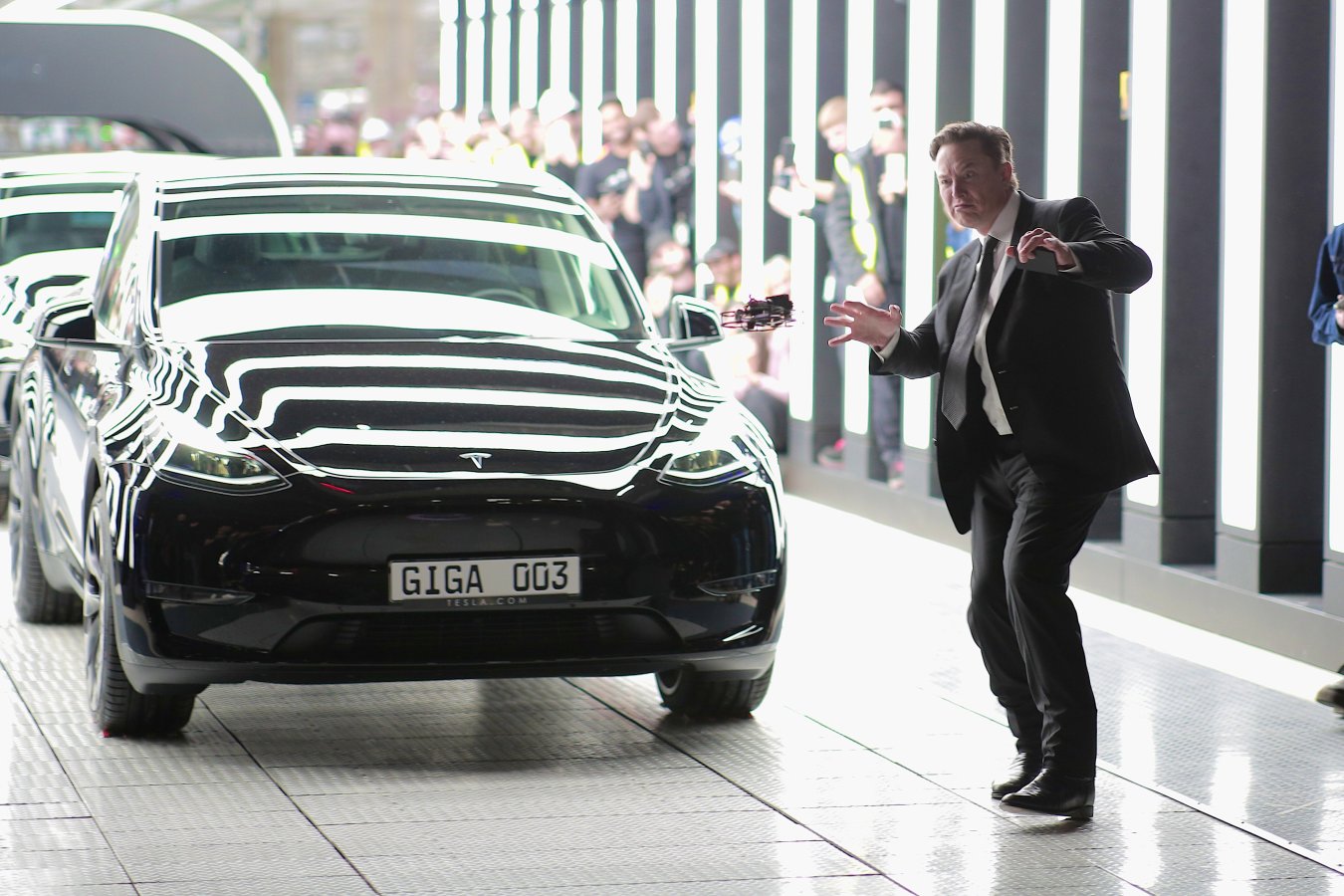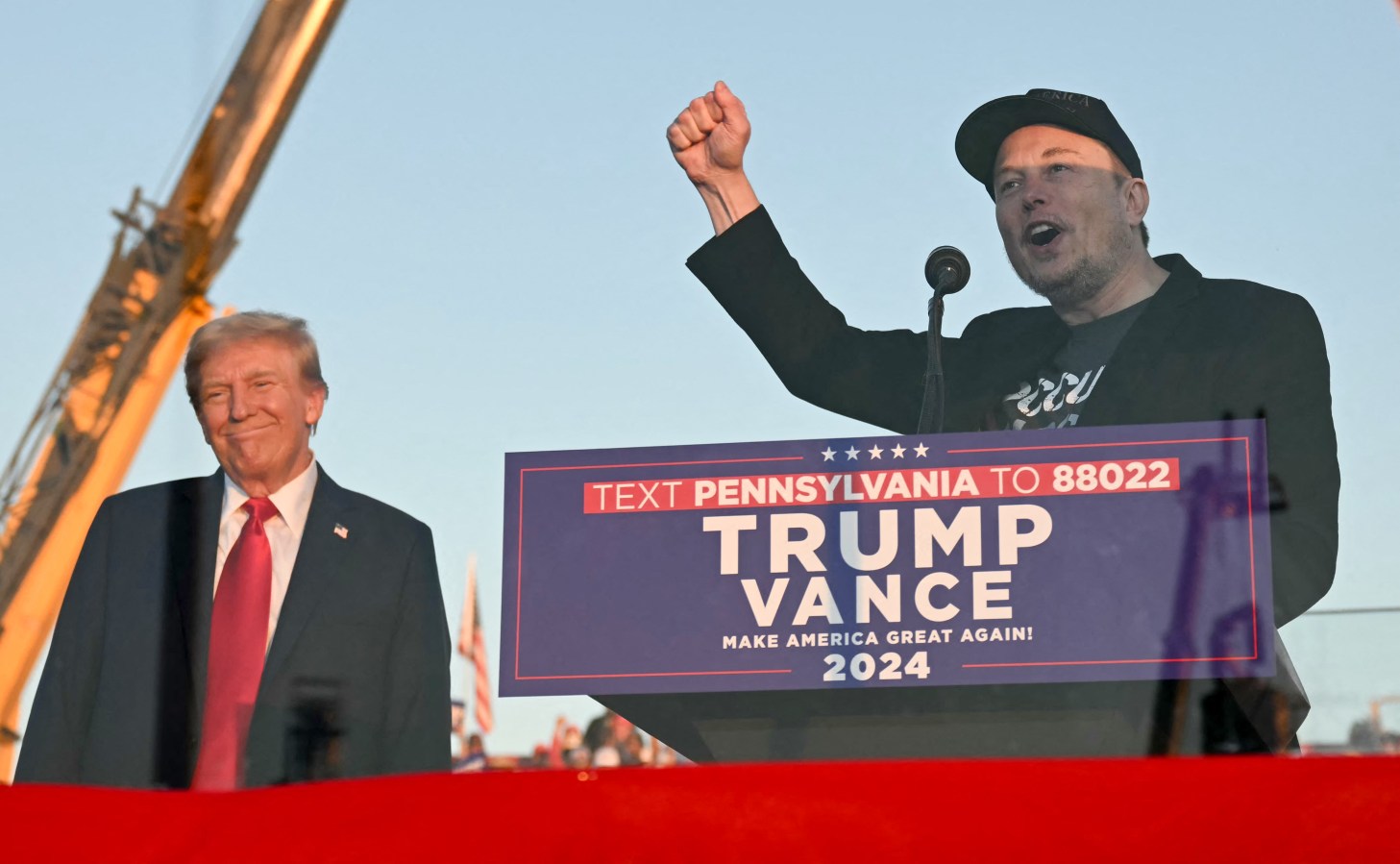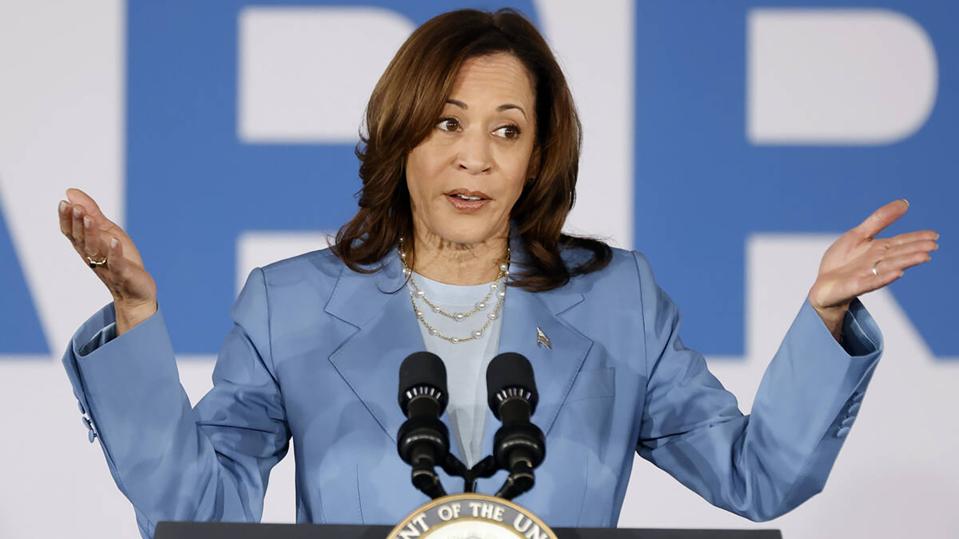Billionaire Elon Musk pushed back on a Washington Post report claiming the Trump ally “launched his career working illegally” in the United States early Sunday morning, saying on his social media platform X he had had two visas and “was in fact allowed to work”—after President Joe Biden criticized Musk over the revelation.

Key Facts
- Musk, who was born in Pretoria, South Africa, first responded to The Washington Post’s article by saying he was allowed to work at 12:40 a.m. Sunday, adding: “The Biden puppet is lying.”
- In a second late-night post on X, formerly known as Twitter, Musk clarified he “was on a J-1 visa that transitioned to an H1-B.”
- A J-1 visa is for people “approved to participate in work-and study-based exchange visitor program,” and an H1-B is a temporary work visa.
- Elon Musk was not clear when he shifted to a work visa, though, and the Post reported at least six people familiar with his then-company, Zip2, said Musk claimed he was on a student visa “around the time his status became a concern.”
- The response came after Biden referenced the report at a Democratic campaign event in Pennsylvania Saturday, saying Musk—who has been a vocal supporter of former President Donald Trump in recent months—“turned out to be an illegal worker here when he was here … He was supposed to be in school when he came on a student visa. He wasn’t in school. He was violating the law.”
- Forbes has reached out to Elon Musk and The Washington Post for comment.
News Peg
The Washington Post reported Saturday Musk did not have the legal right to work in the U.S. when he was creating Zip2—a business directory software company that sold for about $300 million 25 years ago. Musk planned to attend a graduate program at Stanford University in 1995, but The Post said he told the school two days into the semester he would not attend—something legal experts said meant he would have had to leave the country. Elon Musk acknowledged in a 2005 email obtained by the Post he “didn’t really care much for the degree,” but “had no money for a lab and no legal right to stay in the country.” Derek Proudian, a Zip2 board member who later became the company’s CEO, told the newspaper Musk and his brother Kimbal’s “immigration status was not what it should be for them to be legally employed running a company in the U.S.” In 2013, Musk said his immigration status was “a gray area” in the early days of their start-up, though his brother said the pair “were illegal immigrants.”
Key Background
Elon Musk previously said he is “extremely pro-immigrant” and previously advocated for the U.S. to “let anyone in… who is hardworking and honest and will be a contributor.” However, Musk has become an increasingly vocal critic of the U.S. immigration system. Bloomberg News reported Musk is now the biggest promoter of anti-immigration conspiracies on X—the social media platform he bought in 2022—where about 1,300 of his posts were about immigration and voter fraud. Musk has reiterated Trump’s baseless claims that Democrats are trying to get undocumented immigrants to vote illegally and supported his other disproven claims, reposting memes around Trump’s claim that Haitian immigrants in Ohio were eating peoples’ pets.
Forbes Valuation
Forbes estimates Elon Musk to be worth about $274.7 billion as of Sunday afternoon at 2 p.m., making him the wealthiest person in the world.
This article was originally published on forbes.com and all figures are in USD.
Look back on the week that was with hand-picked articles from Australia and around the world. Sign up to the Forbes Australia newsletter here or become a member here.
Click here to secure your tickets for the Forbes Australia Business Summit on November 19, 2024.


